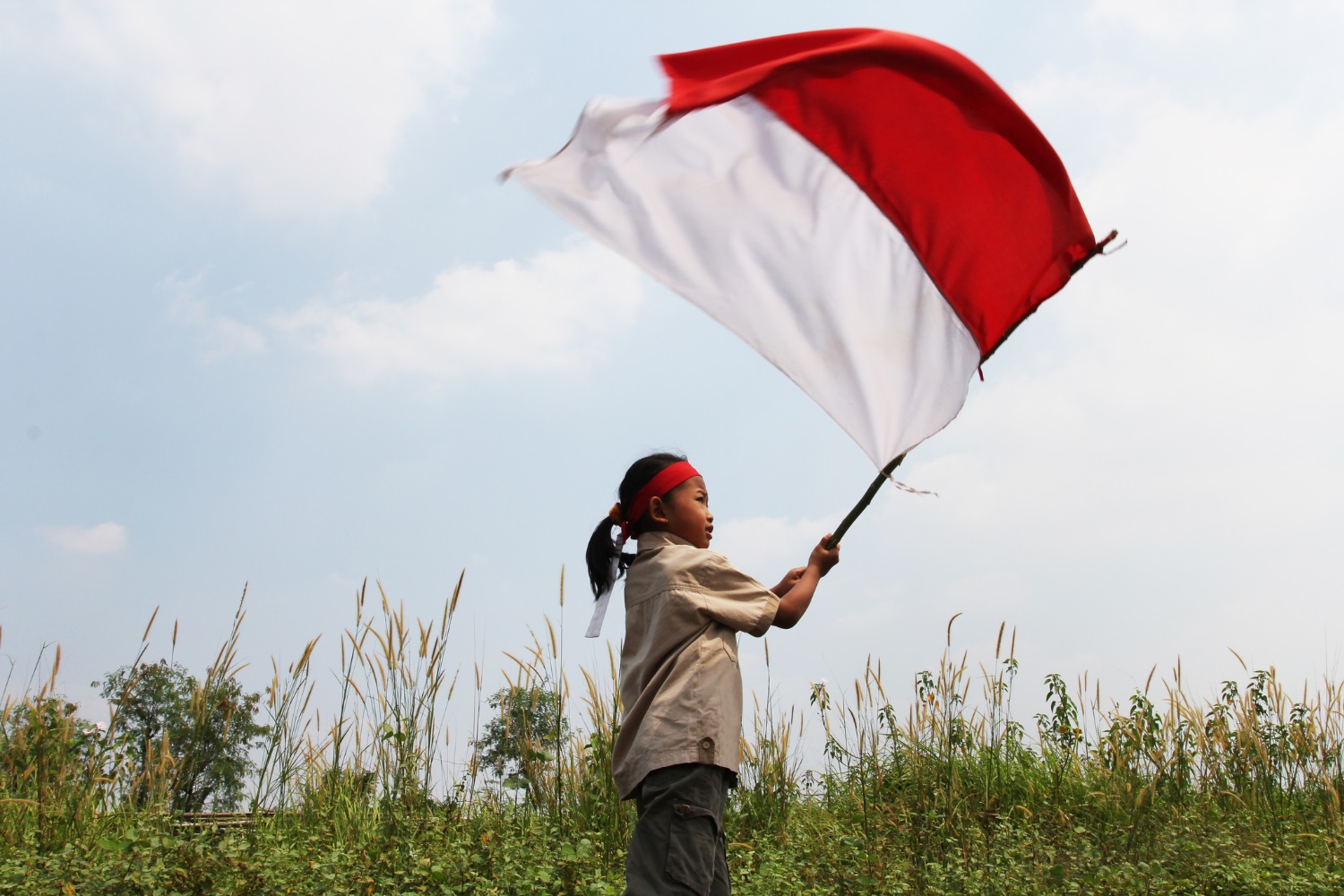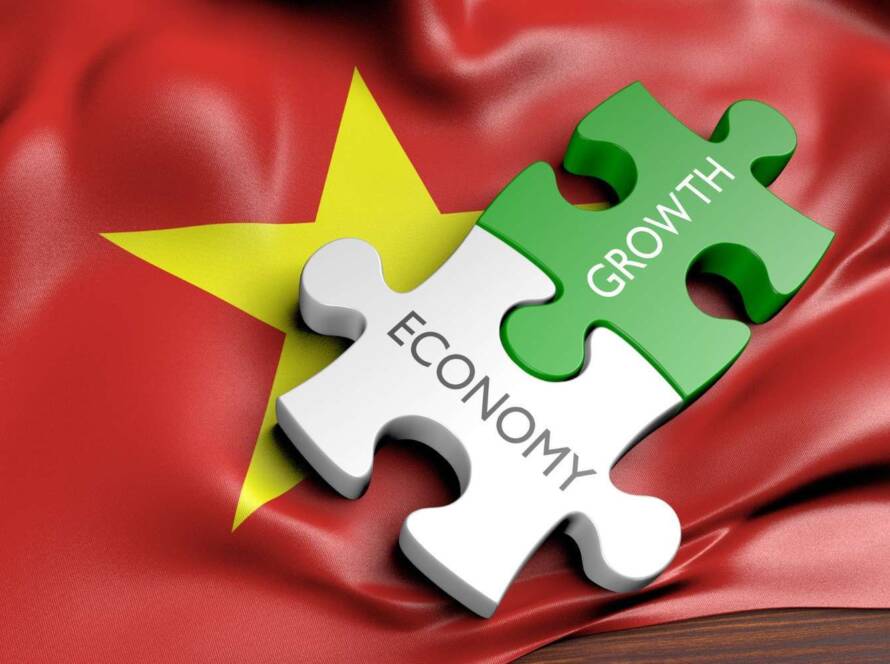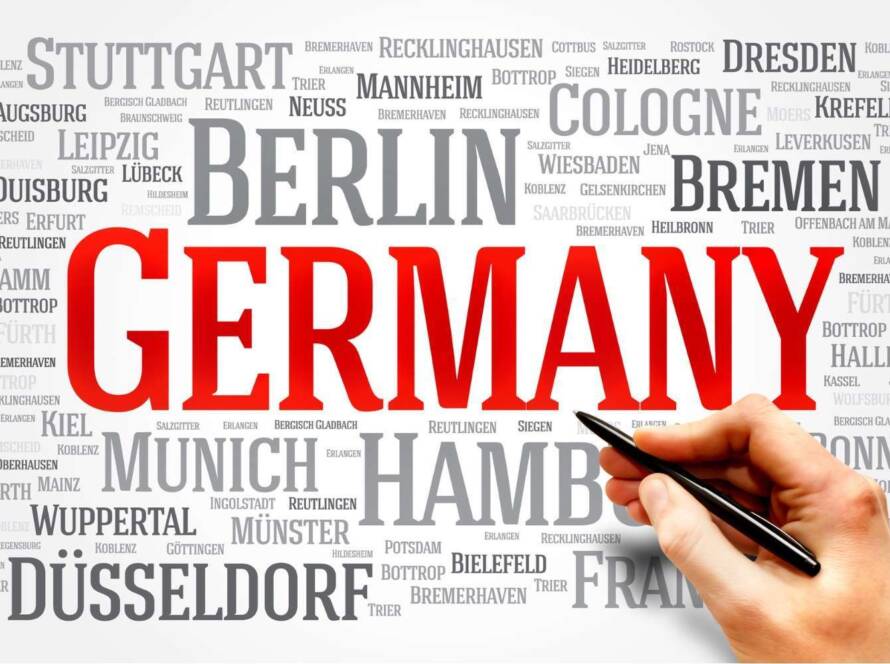The year 2024 is a significant election year globally, with over 50% of the world’s population participating in national or regional elections.
Indonesia, the third-largest democracy globally, faces crucial elections, simultaneously voting for both the president and parliament for the first time in its history. Joko Widodo, the current president, is concluding his second term. The leading candidates for the upcoming elections are Prabowo Subianto, Anies Baswedan, and Ganjar Pranowo.
Prabowo, a former special-forces commander, promises to protect Jokowi’s development achievements. Anies, a former Jakarta governor, focuses on inclusivity and foreign influence. Ganjar, governor of Central Java, emphasizes grassroots campaigns and a free and active foreign policy.
The elections hold significance due to new developments in demographics, the economy, and geopolitical tensions. Indonesia’s plans to relocate its capital to Nusantara in Borneo, a mega project costing over $30 billion, are a focal point. Prabowo and Ganjar support the project, while Anies criticizes it. Large-scale investments, particularly in the electric vehicle industry, are also noteworthy. Prabowo is expected to continue infrastructure investments and collaborations with foreign governments, while Anies advocates for smaller-scale local projects, criticizing the current focus on large infrastructure investments for contributing to the doubling of Indonesia’s national debt under President Jokowi.
As of the 29th of January, the polls suggest Prabowo as the most likely candidate for president, currently polling at 48% compared to his two rival candidates who both sit at 24%. Considering that a change of leadership nationwide can present certain challenges, businesses should make several considerations before making decisions during an election period.
Most signs suggest that election day will not have any significant impact on medium and long-term market performance. It is quite unlikely that a new administration will have a drastic effect on the overall economy or devalue the currency. Be flexible and patient. Historically businesses have produced the best results by maintaining their strategy and investment plans throughout an election period rather than selectively trying to navigate based on the specific parties and candidates coming to power. Furthermore, it is important to avoid substantial, long-term changes to your business strategy based on concerns surrounding the elections.
Want to know more? Read the longer article below:
To understand what will be happening let us first briefly explore the setup of the Indonesian political system. The system employed by Indonesia consists of three branches: the executive branch, the legislative branch, and the judicial branch.
The executive branch includes the president’s office, the vice president’s office as well as the cabinet. Both the president and vice president are designated by the Indonesian electorate following presidential elections, after which the president will typically assign members of his own party or partnered coalition parties to various positions within the cabinet. A two-term limit has been imposed with each term spanning a total of 5 years allowing a total of 10 years in office.
Indonesia’s legislative branch which is known as the People’s Consultative Assembly (Majelis Permusyawaratan Rakyat, MPR) has the power to set or change the constitution and appoints (or impeaches) the president. The MPR is a bicameral parliament, consisting of the People’s Representative Council and the Regional Representative Council. The People’s Representative council has the responsibility of drawing up and passing new laws and legislation, creating the annual budget, and oversees general political affairs nationwide. In contrast, the Regional Representative council oversees bills, laws, and other matters specifically related to various local regions within Indonesia to improve regional representation on a national scale.
The Highest court within the Indonesian judiciary system is the Independent supreme court; it acts as the final court of appeals and settles disputes between the lower courts. You also have the Constitutional court, established in 2003 whose sole purpose is to monitor the actions of the cabinet and parliament and affirm they are in line with the Indonesian constitution. However, the vast majority of legal cases are handled by the various lower courts such as the religious, military, and public courts.
The current president, Joko Widodo is coming up on the end of his second and final term as president. A Member of the Indonesian Democratic party of Struggle, he leads the current government coalition of 4 parties: the Indonesian Democratic Party of Struggle, the National Awakening Party, the NasDem Party, and the People’s Conscience Party. Whilst not free from controversy such as his decision to execute foreign nationals for their violation of Indonesia drug laws, his presidency has widely been seen as successful and he enjoys high levels of public approval from Indonesian citizens. This year’s election will be defined by the three leading candidates, Prabowo Subianto, Anies Baswedan, and Ganjar Pranowo. Together these three men make up 97% of predicted support in the polls and it is widely assumed that one of these three men will be the next president of Indonesia.
A wealthy 72-year-old former special-forces commander, previously married to one of Suharto’s daughters, Prabowo Subianto vows to protect President Jokowi’s development achievements. Despite being defeated twice by Jokowi, he was later appointed as the defense minister. Mr. Prabowo has not only adopted “Jokowinomics,” emphasizing infrastructure-led development but also selected Jokowi’s 36-year-old son, Gibran Rakabuming Raka, as his running mate. The constitutional court, led by Jokowi’s brother-in-law, made an exception to the under-40 candidacy rule for Gibran. Despite Mr. Prabowo’s known explosive temper, there is an attempt to rebrand him as an affectionate, cat-loving grandfather, while maintaining a strong nationalist stance. Many young voters are unaware of the past controversies involving Mr. Prabowo, such as his forces’ abuses in Timor-Leste and the kidnapping of democracy protesters during the twilight of Suharto’s rule. Despite a lack of clarity on foreign policy, Mr. Prabowo pledges to prioritize security and defense.
Anies Baswedan, aged 54, has held positions as a former university rector, education minister, and governor of Jakarta. Hailing from a family of Muslim political activists, he developed progressive views while studying in America. In Jakarta, he focused on strengthening flood defenses, providing school meals for the poorest children, and responding promptly to the COVID-19 pandemic. Despite these initiatives, his gubernatorial campaign took a divisive turn as he embraced identity politics against the ethnic-Chinese and Christian incumbent, causing many of his initial supporters to question his inclusive message. While polling well in Jakarta, Mr. Anies relies on other supportive parties to mobilize voters in populous East Java and beyond. To strengthen his candidacy, he has chosen Muhaimin Iskandar, the leader of the largest Islamic party, as his running mate and gained support from various conservative Muslim groups. Balancing this support, he also seeks backing from urban moderates by presenting himself as a competent technocrat. Proficient in foreign affairs, Anies aims to enhance Indonesia’s influence both regionally and globally.
Ganjar Pranowo, a 55-year-old governor of Central Java province, is known for his modernizing approach and a down-to-earth connection with the people. Not being part of a powerful dynasty, he relies on the support of the PDI-P and its leader, Megawati Sukarnoputri, who is the daughter of Indonesia’s founding father and a former president herself. As an amiable technocrat, Mr. Ganjar is banking on the success of an active grassroots campaign. He initiated his campaign in Papua, located in Indonesia’s far east, and has adopted Jokowi’s blusukan campaign strategy involving spontaneous visits, appearing in markets, and other public places. Choosing Jokowi’s coordinating security minister, Mahfud MD, as his vice-presidential candidate, Mr. Ganjar highlights a commitment to a “free and active” foreign policy and pledges to enhance security in the expansive maritime domain of the archipelagic nation.
Indonesia plans to relocate its capital from Jakarta to a new smart city; Nusantara in Borneo, a mega project with an estimated cost of over $30 billion. Presidential contenders Ganjar and Prabowo have pledged their commitment to building Nusantara, while Anies has criticized the planned smart city. “Many investors are taking a cautious approach during this transitional period in order to better evaluate the probable impact of the election on the overall investment landscape,” wrote Edelman Global Advisory in June. Other large-scale investments include Indonesia’s ambitions in the electric vehicle industry. The country boasts massive mineral and metal caches, especially for high-demand materials in EV batteries. Jokowi has courted the likes of Tesla and Ford to set up manufacturing facilities in Indonesia, while also banning export of certain commodities. As mentioned with regards to Prabowo Subianto it can be expected he will continue a similar path as his predecessor Jakowo. We can expect to see a continuation of large infrastructure investments and collaboration with foreign governments like China who recently won a 5 billion dollar bid to build a high-speed railways connecting major population centers across Indonesia, this particular project and many more are pending final approval and negotiations from the presidential office which Prabowo in all likelihood will see through should he be elected. Candidates such as Anies Beswedan have criticized the government’s focus on large scale infrastructure investment, arguing that it has greatly contributed towards the doubling of Indonesia’s national debt under President Jokowi. He argues the large sums of local and foreign investment could be used on smaller scale local projects like the ones undertaken by him as governor of Jakarta.



